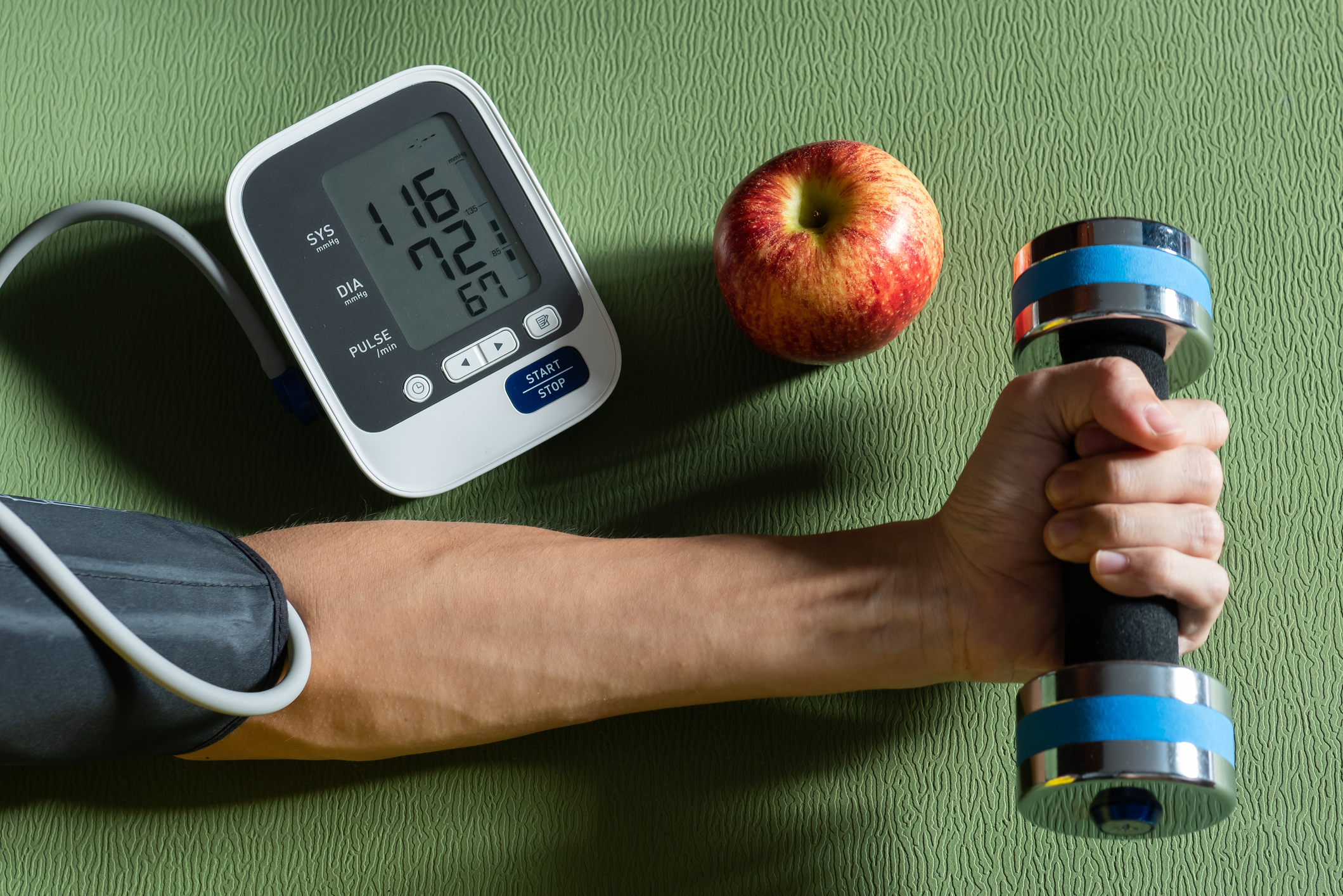Staying healthy in older age is not only a matter of having good genes, eating a nutritious Mediterranean style diet, staying physically active and controlling underlying conditions like diabetes or high blood pressure are also key ingredients in a recipe for thriving as an older adult. Recently, the guidelines for diagnosing and managing high blood pressure received an overhaul by the American Heart Association, allowing for treatment at earlier stages with lifestyle changes.
According to a recent Medical News Today post, the new guidelines advise that patients with a blood pressure of 130/80 mm Hg rather than 140/90 mmHg should start treatment. The prehypertension category has been removed and now blood pressure ranging from 120-129/less than 80 mm Hg is considered as “elevated” and “stage I” hypertension is in the 130-139/80-89 mm Hg range.
The upper number of a blood pressure reading is the systolic blood pressure which indicates how much pressure blood is exerting on the artery walls when the heartbeats. The lower number is the diastolic blood pressure which indicates how much pressure blood is exerting against the artery walls when the heart is resting between beats. The first number is considered a more significant indicator of cardiovascular disease risk among adults over the age of 50, according to the American Heart Association.
Among blood pressure readings of about 115/75 mm Hg, every rise of 20/10 mm Hg doubles the risk of cardiovascular disease. Blood pressure readings can indicate the condition of arteries which, if blocked or hardened by a buildup of plaques, can lead to a heart attack or stroke. Healthy blood pressure is also important to supply the body with white blood cells and antibodies to fight infection and provide oxygen and nutrients while clearing waste products. Blood also delivers clotting platelets to damaged tissue to stop bleeding as a result of an injury.
According to the Centers for Disease Control and Prevention, eating a diet rich in fresh fruits and vegetables along with lean protein while being lower in salt and saturated fat can help protect against high blood pressure leading to heart disease and stroke. A healthy diet combined with regular physical activity can help adults maintain a healthy weight. Stopping smoking, limiting alcohol consumption, and getting enough sleep are also important to overall health and well-being. Inadequate sleep is associated with an increased risk for heart disease, high blood pressure, and stroke.
If you have high blood pressure or are worried you might, self-monitoring at home can help control hypertension. Follow this link to the Mayo Clinic to learn more about how to check your blood pressure at home. Tip: an automatic or electronic device is recommended. Talk with your doctor for answers to any questions you may have about high blood pressure.






Add Your Voice
0 Comments
Join the Discussion